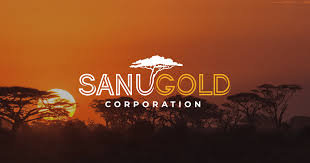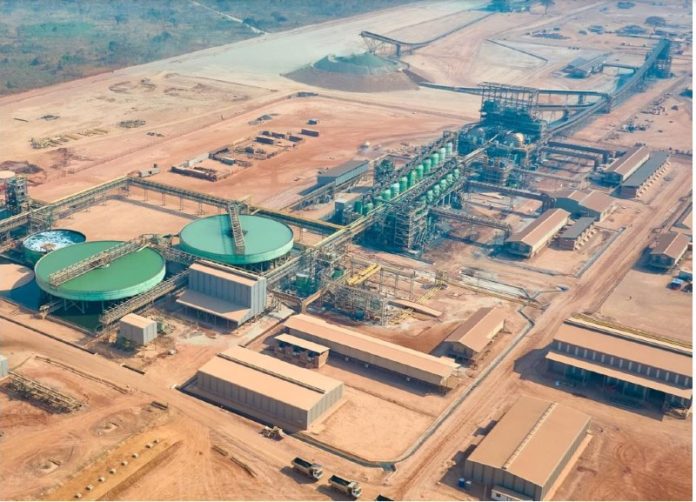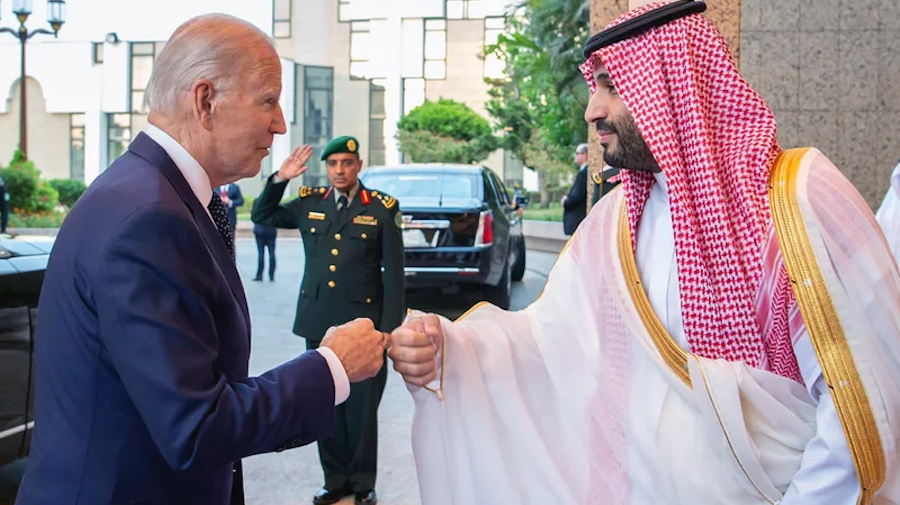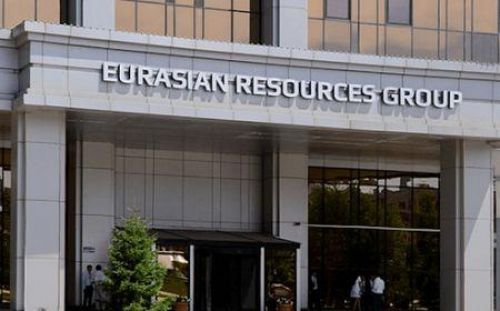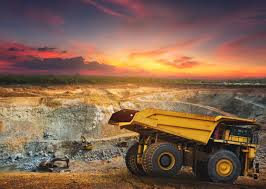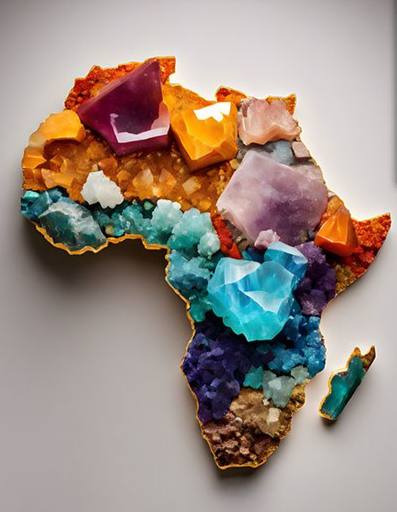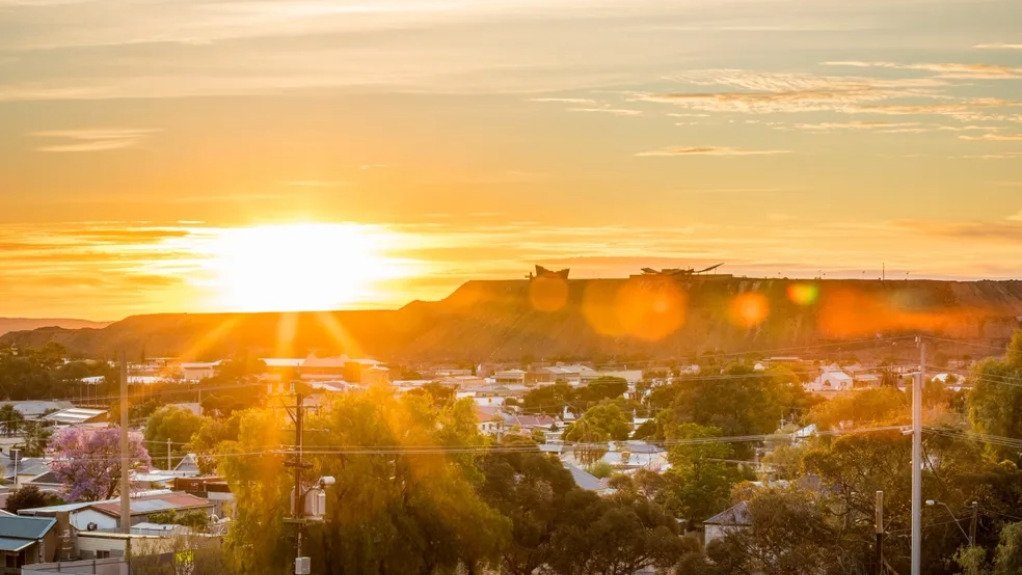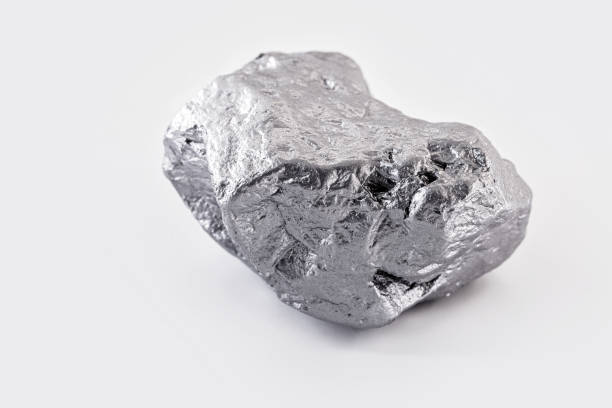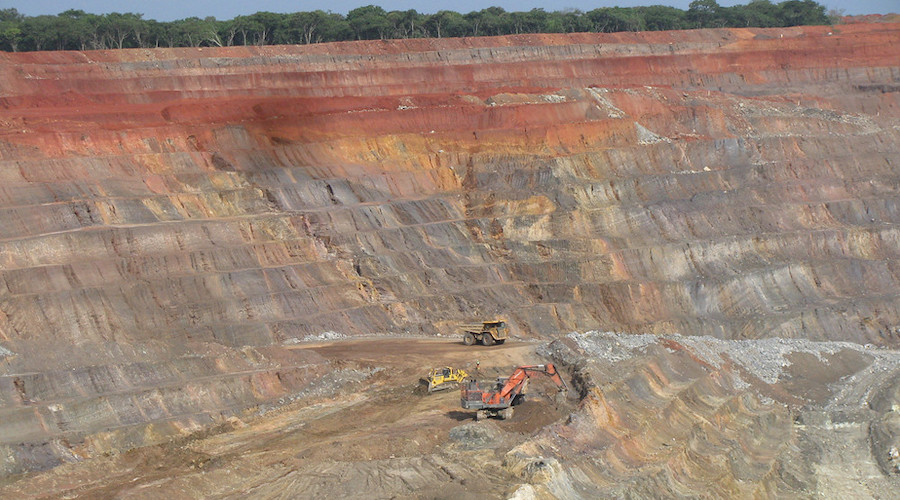Base Metals

In Simandou mountains, Guinea prepares to cash in on iron ore
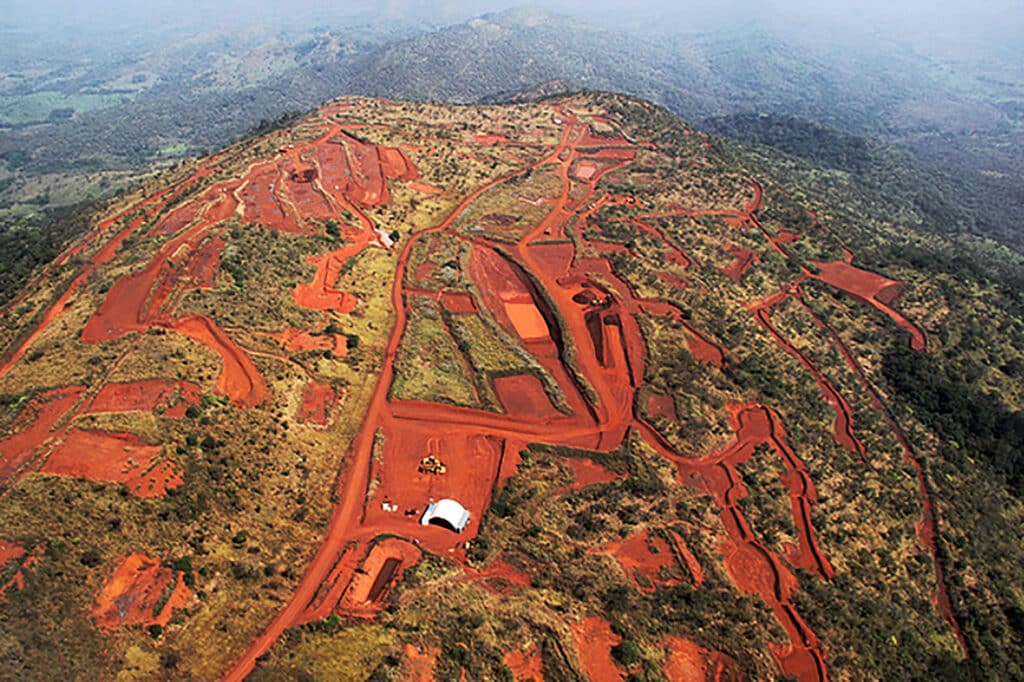
Guinea is on the verge of launching one of the world's most ambitious mining projects, the Simandou iron ore deposit, a venture poised to transform the West African nation into a global mining powerhouse. After decades of legal battles and political turmoil, the first shipments are set to begin, heralding a new era of economic potential while raising serious questions about environmental and social costs.
The scale of the project is monumental. Industrial partners have invested approximately $20 billion to build over 650 kilometers of railway and a massive new port, infrastructure that the government hopes will diversify the economy beyond mining. The Simandou range, once "virgin forest," is now a vast, active mine site where operations will eventually produce 120 million tonnes of iron ore annually.
A Project Forged from Conflict and Hope
Discovered in the 1990s, Simandou has been mired in corruption scandals and legal disputes. The current junta government, led by Mamady Doumbouya, claims credit for finally pushing the project to production. The deposit is split between two consortia: the Winning Consortium Simandou (WCS), a Chinese-Singaporean group, and SimFer, a joint venture between Anglo-Australian giant Rio Tinto and China's Chinalco.
For the state, the promise is immense. Officials, including Prime Minister Amadou Oury Bah, envision the new railway opening up remote, fertile regions for agricultural development. "A new economy will emerge," the Prime Minister stated. The national economic development plan is even named "Simandou 2040," underscoring the project's central role in the country's future.
The Other Side of the Boom: Local Displacement and Pollution
Despite the grand economic vision, the immediate impact on local communities tells a different story. An investigation by Advocates for Community Alternatives (ACA) has documented soil and water pollution from construction sediment runoff along the project's route.
The most acute suffering is felt in coastal villages like Touguiyire, near the new port. Fishermen report that their catches have plummeted since dredging began, destroying their livelihoods. "Before, the pirogues would return with 10 buckets of fish. Now they come back with only two," said Aissata Cisse, a 54-year-old vendor. Locals report that fishermen are now forced to risk their lives in unseaworthy boats in open waters, with several recent fatalities.
While the mining companies point to compensation efforts, such as distributing food and fishing motors, locals say it is insufficient. "We hoped for a better future with Simandou, but now it's disillusionment," said Alkaly Bangoura, a local project monitor.
Transparency and Lasting Benefits Remain in Question
A significant cloud of opacity hangs over the project. The 2022 agreement between the state and the companies has not been made public, despite a legal requirement to do so. This fuels skepticism about whether Guinea will truly benefit from its resources, given a history of mining projects that raised hopes but delivered limited public gains.
SimFer states it is committed to mitigating its impact, citing efforts like a chimpanzee relocation that cost hundreds of millions of dollars and land rehabilitation programs. However, independent observers remain cautious. As the first ore is loaded onto ships, the central challenge for Guinea will be ensuring that the riches from its verdant paradise do not come at the expense of its most vulnerable citizens.



